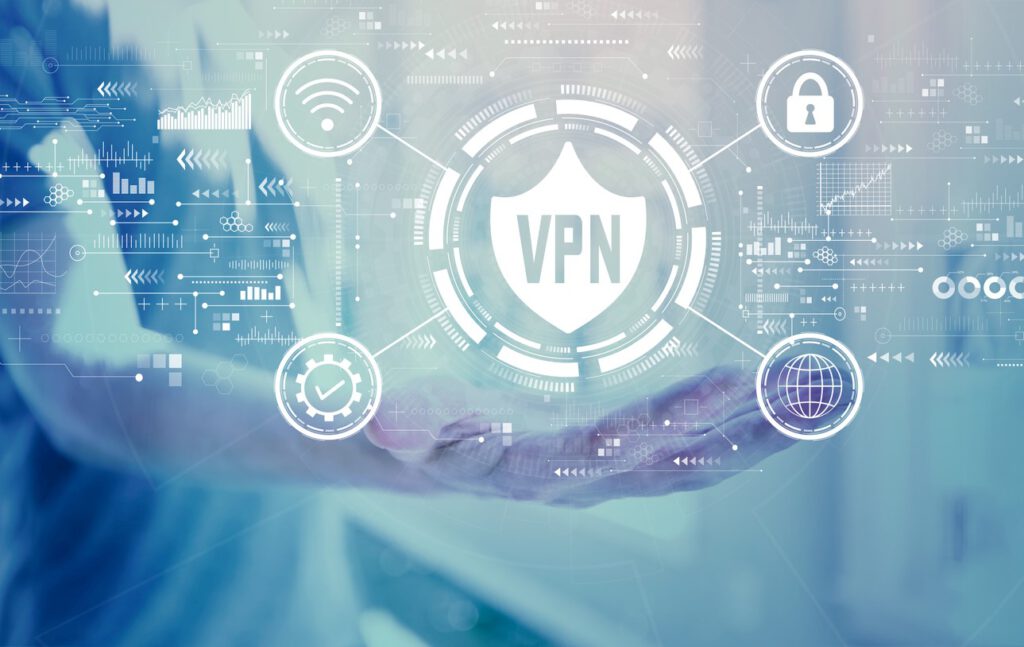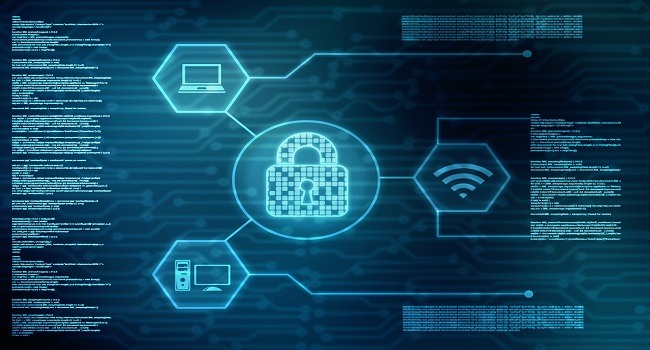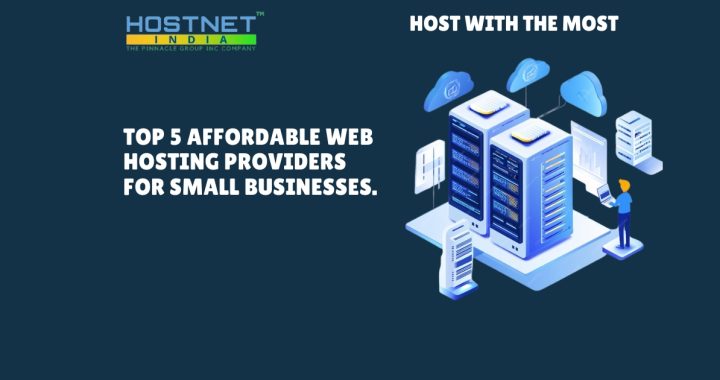Six Ways to Protect Remote Businesses from Cyber Attacks
Companies are currently encountering a “new normal” as the workspace has transformed from factories to homes during the COVID-19 pandemic. This has caused many companies to keep operating but added vulnerability too as the company’s information is being authorized from various servers and locations and that is why chances of cyberattacks increases .
Remote working is a trend that is being greatly adopted in this COVID-19 pandemic to keep companies running but businesses must take steps to safeguard their information and staff members against fraudsters taking benefit of the present situation. Let’s dive deeper into this blog, we’ll talk about some precautionary actions that companies are required to take to limit cyberattacks during the COVID-19 pandemic.
Cybersecurity Tips for Securing your Businesses from Cyberattacks and Remote Workers during Coronavirus Lockdown
Companies need to keep running, work has to be completed, so efficient security measures ought to be seen for companies performing WFH policy. Due to the present problems, a staff member is forced to work from their house and get their tasks done efficiently in unconducive circumstances and guard business confidential information against illegitimate access. Fraudsters are intelligent and will not let an immeasurable crisis go to waste. Criminals will do whatever they can to misuse information and network protection vulnerabilities that can occur due to online working.
Listed below are some Methods Businesses can Adopt against Cyberattacks While Implementing Remote Work:
Check for security vulnerability:

To identify vulnerabilities and recommend solutions, ethical hacking is the act of a legitimate discernment experiment performed by a cybersecurity authority on companies’ data operations. Similar solutions are suggested based on hacking for heightened cybersecurity. Ethical hackers need to be hired to monitor for possible security threats. Therefore, this gives businesses a greater sense of knowledge of their security vulnerabilities. So that they can perform more robust security measures to reduce data breaches.
Security measures for malware and ransomware Cyberattacks
Malware is malicious systems that enable cybercriminals to acquire control of the desired network or software. Ransomware is a type of malware in which the criminal requires a bribe to give access to the network or software back to the innocent who is the legitimate owner. If the innocent declines to pay the amount, the cybercriminals release small amounts of information to make the innocent pay. Remote staff can guard themselves against such attacks in the subsequent ways:
- Always notify the company’s security experts when transferring or adopting a different network than the one given to them.
- Avoid using free public Wi-Fi.
- Don’t open malicious emails or links.
- Always update all systems and use reliable antivirus systems or firewalls.
Use of Virtual Private Network
A VPNs enables companies to securely connect to a system while they are utilizing a less reliable system. Using a virtual private network offers privacy and security for businesses’ information from authorizing by illegitimate sources.

Cloud Storage
Businesses should adopt cloud-based services authorized by security professionals to store information and encourage their remote staff to do so. In such a case, the network malfunctions or is withdrawn, this will guard against any kind of data loss.
Use IDV Solutions
IDV assists companies to follow AML and KYC laws. To reduce the risk of scams while running remotely these solutions play a significant role. Understanding who employees are doing business with is a difficult job but it is extremely vital especially when you are running digitally.
Therefore, as the employees are operating from their houses. How can the companies be progressing to accurately secure the business from fraudulent identities? Online identity document verification solution gives contactless technology. To conveniently execute tiresome processes of Know Your Customer, Know Your Business, and Anti Money Laundering.
This technology gives a remote solution by verifying identities and other companies in real-time adopting document verification and biometric verification. Verifying your staff remotely through biometric identification services can burden your WFH procedure. With a facial recognition solution using microexpression analysis characteristics, you can always verify a staff member working from afar.

Train Employees about Cybersecurity for protecting from Cyberattacks
Companies must educate their staff about the basics of cybersecurity such as ransomware, malicious attacks, phishing emails, antivirus software, cloud-based services, etc. There needs to be an urgent response to staff that works remotely to reach when something unusual activities takes place.
Conclusion
These are unprecedented events in which both companies and the government are still finding their way around this coronavirus pandemic. It is during these difficult times that fraudsters will exploit those companies that drop the guard. It is the responsibility of both companies and staff members to guard personal information against falling into the hands of criminals.


 Understanding VPS Server Australia Architecture: Components, and Real-World Application
Understanding VPS Server Australia Architecture: Components, and Real-World Application  Affordable Web Hosting Providers For Small Businesses
Affordable Web Hosting Providers For Small Businesses  Exploring The Potential Of Managed AWS Services
Exploring The Potential Of Managed AWS Services  Plesk vs. cPanel: Which Control Panel is best for you in 2023?
Plesk vs. cPanel: Which Control Panel is best for you in 2023?  Limitations of Shared Hosting and Reseller Hosting
Limitations of Shared Hosting and Reseller Hosting  The Advantages of Managed Web Hosting: Is It Worth the Investment.
The Advantages of Managed Web Hosting: Is It Worth the Investment.